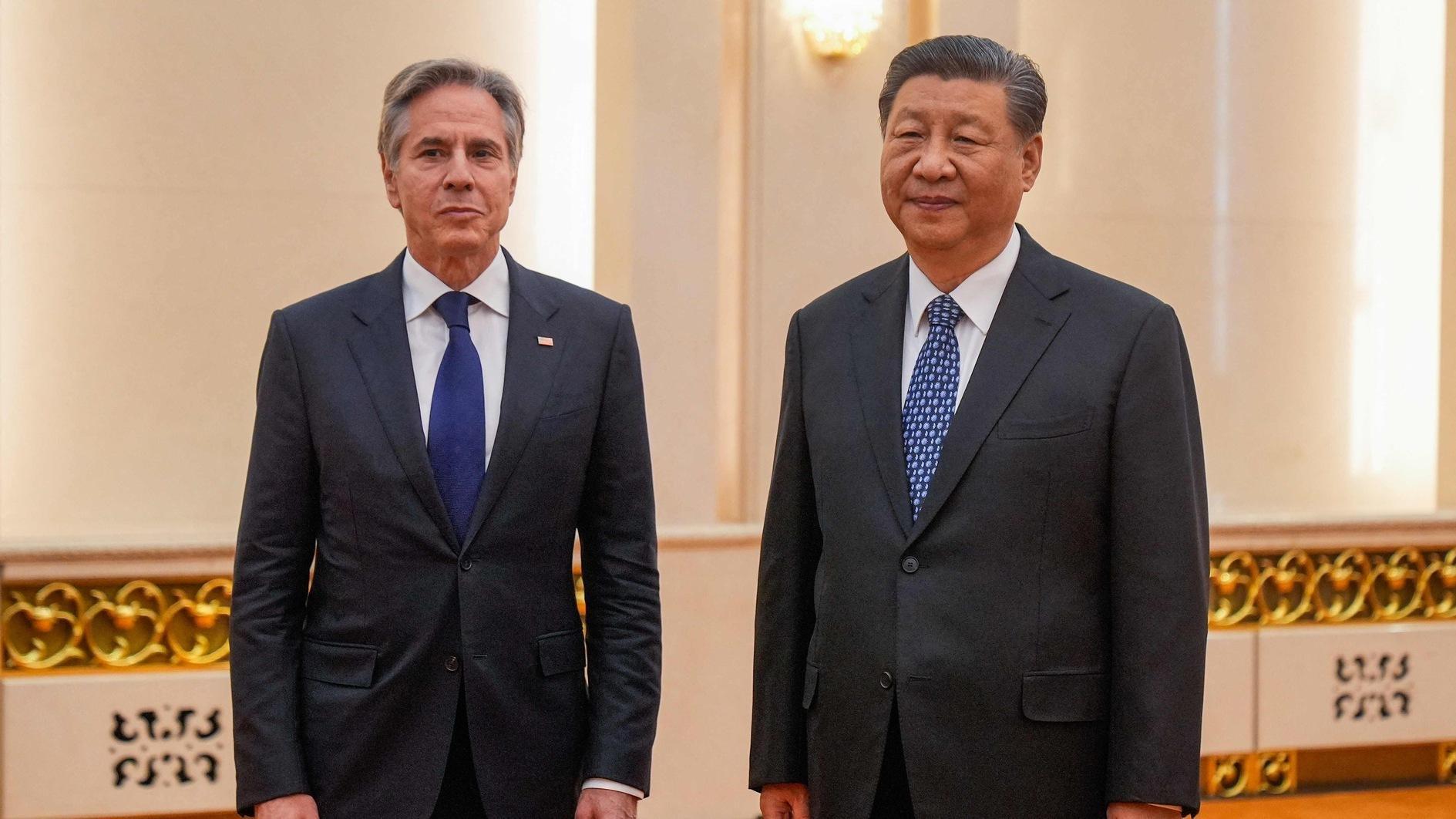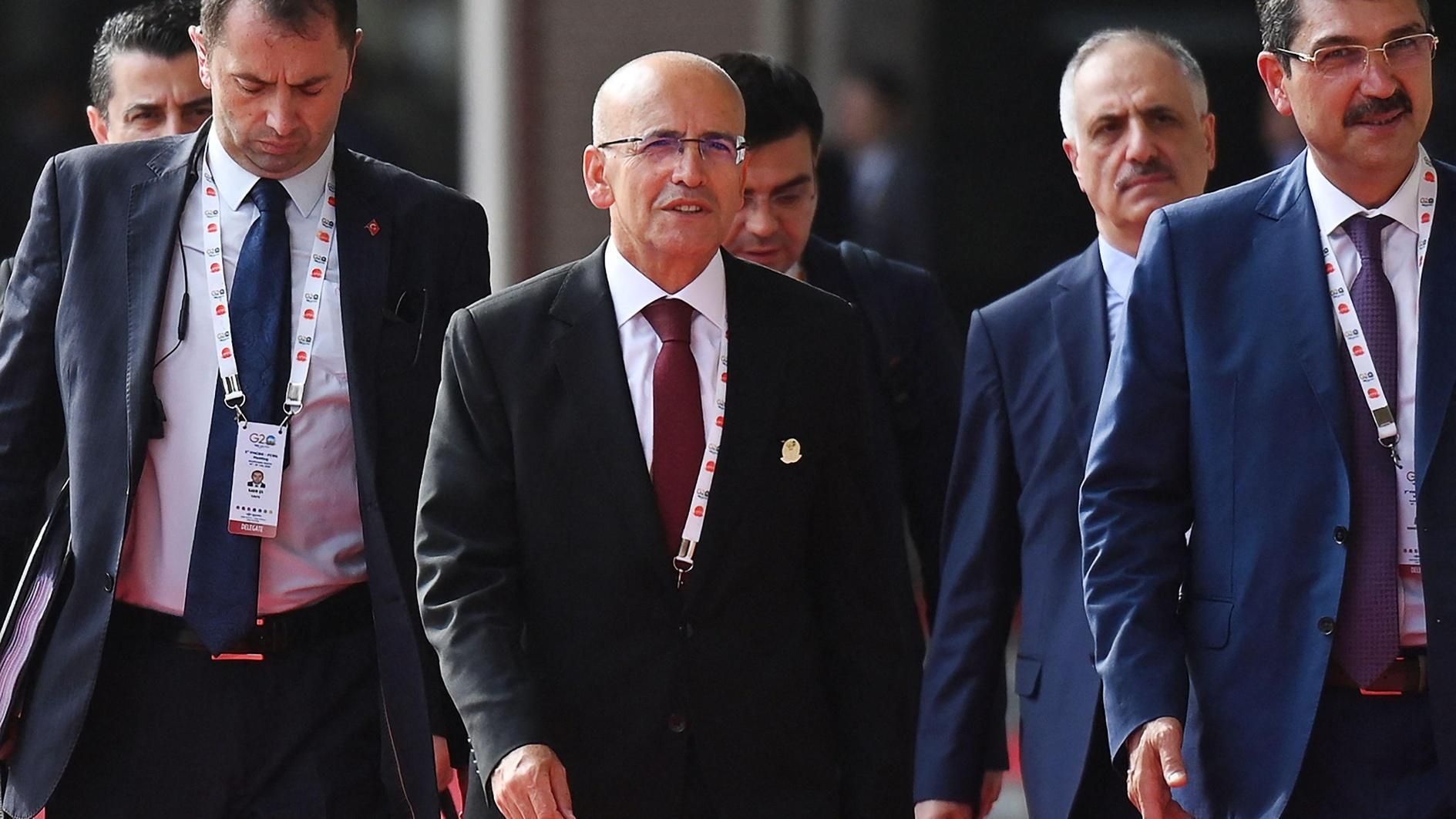Turkey, EU mark a new beginning
In Turkey’s long and unending journey to full membership in the European Union, its entrance to the Customs Union in 1996 has an important and strategic place. Turkey has been and is still the only candidate that signed the Customs Union deal with the EU, even much before it could begin full membership negotiations.
Joining the Customs Union has long been debated in Turkey, as it divided economists and experts on whether it would be beneficial or not for the Turkish economy. Thanks to the Customs Union, the Turkish economy has boosted its competitiveness and became more open to the world; although this column’s intention is not to dive into the economic and technical repercussions on Turkish trade and overall economy.
The Customs Union’s political results are equally important, as many in Ankara and Brussels believe signing and implementing this deal has shown Turkey could be a good partner for the European continent to many in Europe. It was one of the most important agreements the two parties have signed since the Ankara Agreement of 1963 and was seen as a good starter for Turkey’s membership process.
That’s why the newspapers at that time described it as a new era between Turkey and the EU in their headlines. Now, 20 years after the signing of the Customs Union, similar assessments are being made, as Turkey and the EU agreed to update the agreement in line with two sides’ mutual demands in a way which would bring about fairer and more balanced implementation of the agreement.
Cecilia Malström, the EU commissioner for trade, and Turkish Economy Minister Cevdet Yılmaz have announced the two parties’ will for the renewal of the deal, which is expected to be completed in no less than a year. Malström described it as a new term in Ankara-Brussels dialogue that could also have a positive impact on already suspended technical negotiations.
One of the most important expectations of Turkey is to be part of the ongoing negotiations between the EU and the United States for the Transatlantic Trade and Investment Partnership (TTIP) agreement. This will be one of the most important points in discussions, as Turkey believes its economy will be seriously hurt if it is not included in the agreement. Some experts have argued the loss of the Turkish economy will be no less than $20 billion if the TTIP does not include Turkey.
All aside, the launch of talks to update the Customs Union is an important development to show that the two parties have continued to keep communication channels open to sort out their problems. Likewise, Turkish and European officials are continuing talks for the finalization of visa liberalization and implementation of the Readmission Agreement. Anti-terrorism cooperation and talks on preventing illegal human, drug and weapons trafficking are also in place, showing talks at the technical level are running their course.
What’s lacking, however, is a political push for a fresh impetus on full membership negotiations. The Turkish and Greek foreign ministers have announced that current state of affairs in Cyprus promises a window of opportunity to resolve this decades-old problem - one of the main obstacles before Turkey’s EU process - and the progress in reunification talks would also have positive impact on Turkish aspirations. That’s to say, whoever will be in government in the aftermath of the June 7 elections will find a much better climate for Turkey-EU ties. It will be up to the next government to decide whether it will revisit universal values and principles of democracy, human rights, fundamental freedoms and rule of law and move Turkey forward to the EU or further reverse the democratic achievements of this country and drive it to nowhere in darkness.











